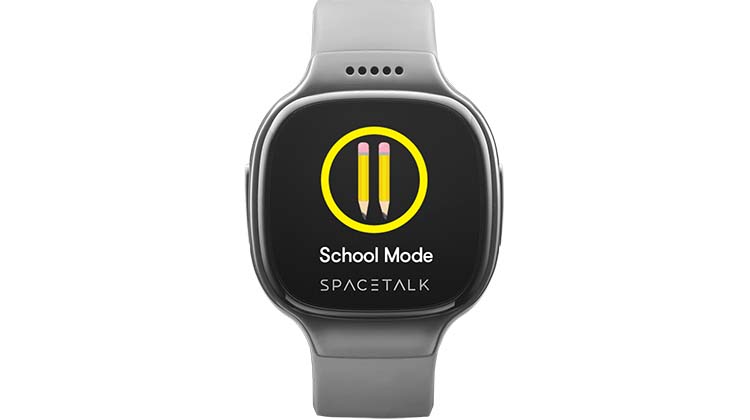Connecting to kids safely

A blanket ban on phones in schools is looking like a double-edged sword, sure mischief is being averted but also contacting children and coordinating them is being made much harder.
Smart devices are also a good way of protecting children as they are traceable at all times so the compromise might lie in limited function devices.
Designed in Australia to safely connect kids and parents, SPACETALK is a self-contained mobile phone in a GPS-enabled smartwatch that provides no access to social media and no open access to the internet.
According to a new survey conducted by Lightspeed Research on behalf of SPACETALK, more than half teachers surveyed (58 per cent) agree that devices that can be switched to School Mode* during school hours should be allowed in primary schools.
The report found that despite the bans, educators across the country view certain smart devices as a way to safeguard children. Almost two-thirds (64 per cent) of education professionals believe smartwatch phones, like SPACETALK, prevent contact between children and undesirable people, while 61 per cent agree that they prevent sharing of inappropriate content, and half (50 per cent) state the devices can help combat online bullying.
Mark Fortunatow, Chief Executive Officer of SPACETALK’s parent company MGM Wireless, said that while state governments across Australia have been banning smart devices across the board, there needs to be more consultation that takes into account the variety of devices on the market, features that are designed to protect children, and the needs of modern families.
“We found that almost half (46 per cent) of educators agree that smart mobile technology should be used by primary school aged children going to and from school – this includes 57 per cent of primary school teachers, compared to just 26 per cent of department heads.
“The question is, are government departments speaking to the right people during their consultation process prior to making these blanket bans? There is more to this conversation that should be considered, and our report demonstrates this.”
According to the survey, almost a quarter (24 per cent) of educators believe that a blanket ban on personal smart devices in primary school classrooms will increase the time it takes teachers to manage devices, and 15 per cent believe it would increase the amount of time required to keep parents up to date on their children.